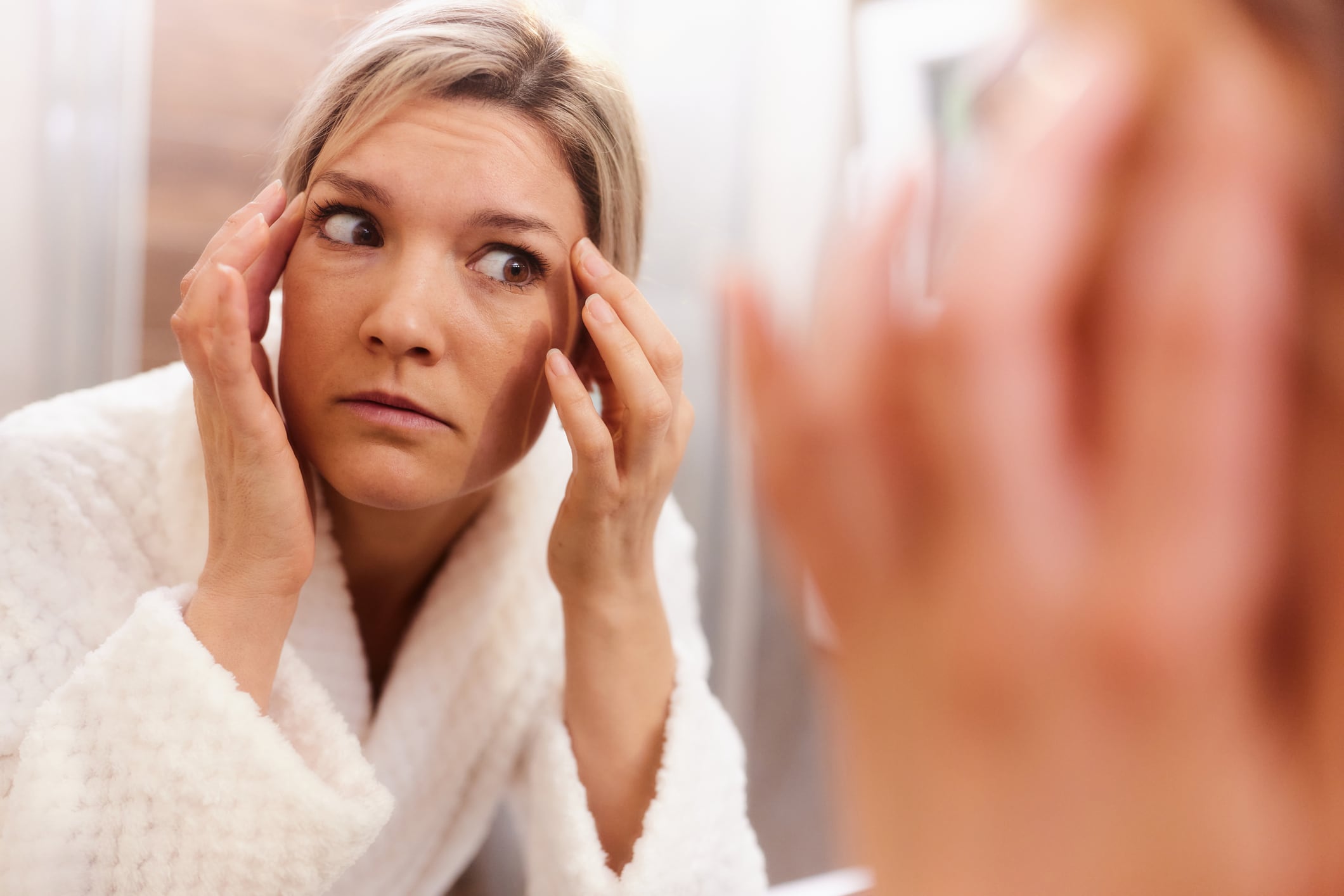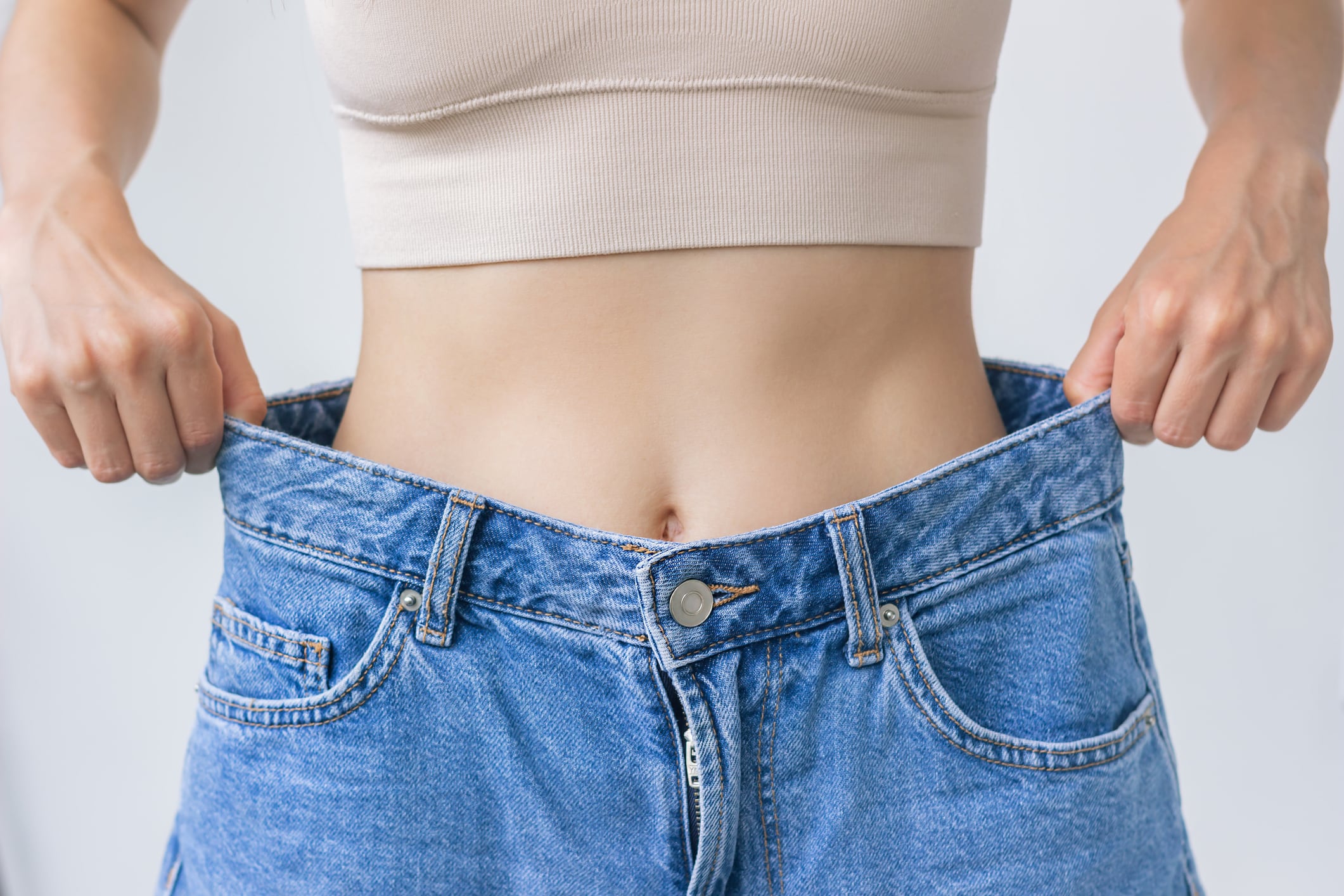The use of supplements to improve skin, hair, scalp and nails has long been associated with women, but the industry is beginning to recognize that these products can also be effectively targeted toward men.
As more male shoppers seek out effective, science-backed solutions to tackle skin conditions such as acne and eczema or to address hair issues like dandruff or hair loss, they are looking beyond topical products and turning to supplements.
According to consumer research from market intelligence firm Mintel, half of UK men identify as beauty supplement users or lapsed users of beauty supplements, while an additional 41% consider themselves potential users.
Usage is particularly strong among younger men. Among those aged 18 to 34, 81% and 60% respectively report current or past use, according to Shiyan Zering, senior beauty & personal care research analyst at Mintel.
“This shows a significant level of engagement in a category where demand is traditionally driven by women, suggesting the normalization of beauty supplement use among men, as well as strong growth potential,” Zering said.
Consumer data from GlobalData’s Q1 2025 survey, which spans 42 countries worldwide, also indicates a growing number of men are using beauty supplements.
“We found that 7% of male consumers said they would start purchasing dietary supplements, 24% said they would continue to do this, and a further 16% said they would do this more frequently,“ said Dr. Ahmad Khan, senior analyst at GlobalData.
“Similar percentages were recorded for the same period in 2024 and 2023,” he added. “The consistency of the findings suggests that demand for such products remains constant and makes it very likely that more men are taking supplements to support their skin and hair health.”
Men becoming more proactive in their wellness
Retail sales are telling a similar story. Category director for vitamins and supplements at Holland and Barrett, Jessica Pasco, said that the UK retailer has seen a clear upward trend in engagement with male wellness products based on units sold in the UK market between Oct. 1, 2024 and May 10, 2025.
“In particular, unit sales of male hair supplements have risen by 37% year-on-year, reflecting growing interest in hair health and appearance,” she said.
She added that more broadly, products targeted at men’s health—including supplements in categories such as fertility, prostate, bladder and sexual health—have seen a 27% year-on-year increase.
“These figures suggest men are becoming more proactive in supporting their overall wellness,” she said.
Aesthetic health ‘no longer only a feminine concern’
UK-based ecommerce retailer Face the Future has also noticed a similar trend.
The company’s customer experience and clinic manager, Kimberley Medd, reported that “more men are increasingly taking beauty supplements to support their skin, hair and overall appearance.
“We are noticing that aesthetic health is no longer viewed as exclusively feminine concerns,” she said.
“There are several reasons why, but the first is that there are changing attitudes towards masculinity. Men are becoming increasingly more comfortable investing in products that support their appearance, especially as looking good is often linked with confidence and professional success.”
Medd said that, like women, men are becoming more proactive about aging, hair thinning and skin concerns and that social media has played a significant role in normalizing male beauty and wellness routines.
“Male influencers and celebrities openly discussing their skin care and supplement use have helped break down stigmas and open the supplementation category up to all,” she explained.
Medd noted that supplement brands have also been making products more appealing to male consumers by “creating gender-neutral or male-specific formulations, often using language and packaging that appeals to men.”
She added that the male grooming and wellness category is expected to continue growing significantly and that beauty-from-within supplements that target issues like hair loss, dull skin, fatigue and aging are increasingly popular with men of all ages, particularly as conversations around mental health, stress and holistic wellness gain ground.
Old taboos around male grooming are fading
One brand that is gaining a following among male beauty consumers is LYMA. The London-based company offers unisex branding and prides itself on science-backed formulations.
LYMA’s founder Lucy Goff said the male beauty supplements market is certainly growing and that the brand is “steadily attracting more male consumers.” For her, this is “encouraging” and “reflects a wider cultural shift where men, right from their twenties to their fifties are embracing proven nutraceuticals as part of their chosen lifestyle.”
“The old taboos around male grooming are fading, and guys are more experimental and have a particular want for results-driven products,” she added.
LYMA uses pharmaceutical-grade ingredients like solubilized keratin, which Goff says is incredibly bioavailable and designed to strengthen hair and improve skin with both measurable and visible results.
“With more men wising up to this, I genuinely believe the male beauty supplement space is only going to keep growing,” she said.
Goff also stated she believes whole-system health supplements that support the body’s overall function rather than just targeting hair and skin will continue to rise in popularity.
More men seeking solutions for hair loss
According to Zering, younger men in particular are becoming increasingly engaged in the self-care and grooming space, driven by heightened focus on appearance and overall health.
“Many might be seeking solutions for hair loss, which can begin as early as the late teens or early 20s for some men, making it a highly emotional and motivating concern,” she said.
“This often requires the use of both topical and oral treatments. As a result, they are becoming more open to the idea of oral remedies for beauty and maintenance, reflecting a shift toward proactive approaches in their routines.”
Marketers should ‘recognize this knowledge gap’
Zering also noted that at this stage, education around beauty supplements is still necessary for brands.
For example, she highlighted data showing that 67% of UK male beauty supplement users/potential users understood that there is a link between gut health and skin/hair/nail health, compared to 75% of females.
For Zering, this suggested that the conversation about gut health in relation to skin and hair health has largely been targeted at women, not men.
“Brands can recognize this knowledge gap to strategically target men, improve their understanding, and tap into a potential new user group,” she said.
Zering highlights how supplement brand Free Soul champions a ‘specifically targeted towards women’ slogan on its website and products, which in turn “fosters brand loyalty by assuring customers these products are tailored to their needs.”
She suggests that other brands “can adopt a ‘by men, for men’ approach to break down preconceptions and expand the market.”
Showcasing the science on actual men
Supplement and cosmetics ingredients companies are also beginning to pay more attention to the men’s beauty supplement sector.
For example, French company Seppic recently undertook a clinical study for its wheat lipidic extract, Ceramosides, specifically on men.
The ingredient had already demonstrated skin hydration, anti-aging and hair health and beauty benefits in five clinical studies conducted on women. However, Seppic noted that despite the growing trend of men using beauty supplements, there remains “a significant data gap in this population.” This gap prompted the company to specifically validate the ingredient’s effectiveness in a male cohort..
Seppic’s consumer study involved 95 healthy men age 35 and over who supplemented with 30 mg/day of Ceramosides powder for three months.
Participants reported improvements in key areas: 71% of men perceived improvements in daily hair loss and reported a global decrease of 31% in hair loss score, 72% of men noticed faster beard growth, and 70% observed a reduction in scalp reactions and dandruff. There was also a 25% increase in skin hydration score and a 16% decrease of wrinkle severity score.
Salma Zahidi, product manager for Nutrition at Seppic, said the new findings enable the company to address specific needs for both men and women with this ingredient.
White space; NPD remains niche
While this is certainly a growing space for all businesses in the supply chain, Zering, said that NPD remains niche “as only 2.4% of beauty vitamins, minerals and supplements (VMS) launches in 2024 carried male claims.”
However, she noted that more advertising campaigns are now featuring men—for example Heights enlisted celebrity Matt Willis to promote its Vitals⁺ and Biotic⁺ ranges. The brand also uses gender-neutral packaging, a strategy that can help broaden appeal across diverse consumer groups.
Another potential strategy is to target beauty supplements toward male gym users.
“Many young men already use supplements for fitness or general health (e.g., protein, creatine), so transitioning to beauty-focused supplements like those for hair and skin feels natural and aligned with a broader wellness mindset,” Zering added.
According to Mintel data, top topics in social media discussions about vitamins and supplements among men ages 18-34 included the gym and protein, which Zering suggested provides “an opportunity for beauty VMS brands to support skin during training, especially if sweat disrupts the skin barrier and causes acne.”
“For instance, new studies on bioactive peptides suggest they are beneficial for both muscle and skin health during workouts, making them an attractive proposition,” she said.





